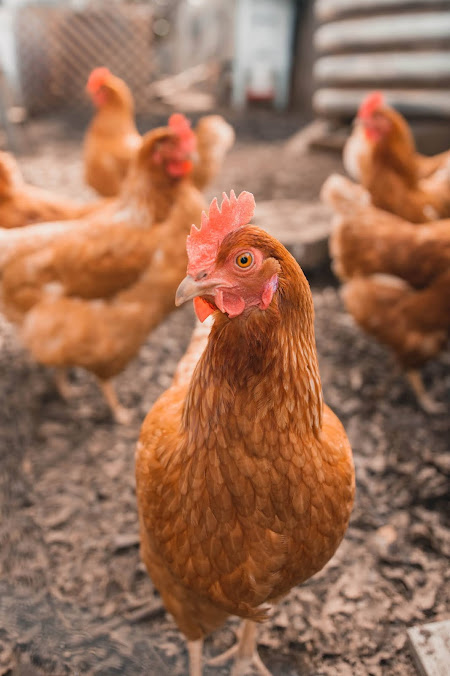To combat a possible avian bird flu epidemic, the following should be considered and done:
1. The single most important thing than can be done for an epidemic, such as avian bird flu, is to have well-prepared local health care systems. People should be prepared in ways that are sustainable and will remain useful even if the epidemic does not occur.
2. Preparation of social norms and emergency procedures that would limit or delay the spread of the avian flu epidemic. Regular hand washing, and other beneficial cleanliness custom may save more lives than all other medicines combined.
3. The proper recognition and prizes should be given to those who have come up with effective vaccines for the avian bird flu disease. On the same note, vaccine makers should be given the freedom to make use of state materials needed for the vaccines. It can be noted that some parts of the government are discouraging these activities rather than encouraging them.
4. Relevant drugs and vaccines for the avian bird flu disease should be bought and sold at fair prices. This is in respect to the intellectual property rights of the people. To confiscate these things is to reduce the incentive for innovation and protection that may help many people in the future.
5. Make preparations to ensure the continuity of food and power supplies. The most relevant supplies should include the check clearing system and the use of mass transit to deliver food supply and get workers to their job destination.
6. The federal government, despite being powerful, will be deemed powerless in the worst times of avian bird flu epidemic. It is therefore appropriate to have local plans ready to be used when the situation calls for it.
7. Encourage the formation of prediction markets about the avian bird flu epidemic. This will give the people a better idea and perspective of the probability of a possible widespread including human-to-human transmission.
8. There should be enough foreign aid to the receipt of useful information about the progress of avian flu. This will be especially useful in some Asian countries where the avian bird flu epidemic is rampant.
9. The World Health Organization should be reformed to be able to cater to these epidemics. Greater autonomy to its government funders.
If there are some things to be done before or in times of the avian bird flu epidemic, there are also things that should not be done:
1. Tamiflu and vaccine stockpiling have their useful roles. But they should be the centrepieces of a plan. In addition to the medical limitations of these investments, other institutional factors, such as transportation, will restrict the ability to allocate these supplies promptly to the persons needing them.
2. Do not rely solely on quarantines and mass isolations. Both can be counterproductive. Rather than limit the spread of avian bird flu, they have the tendency to spread the disease more.
3. In times of any type of epidemic, people should not expect the Army or Armed Forces to be part of a useful response plan. An avian bird flu epidemic is no exception. As powerful as they might seem, they are also liable to have the disease themselves.
4. Do not expect to block off or isolate the pandemic in its country of origin. One should never assume that it has not spread abroad already. Once a pandemic has started abroad, public places such as schools and marketplaces should be shut off immediately to be on the safe side.
5. People should not obsess over avian bird flu at the expense of other medical issues. The epidemic or other public health crisis could come from any number of sources. By focusing on local preparedness and decentralized responses, this is a robust plan enough that will prove useful before and during the spread of this kind.


No comments:
Post a Comment